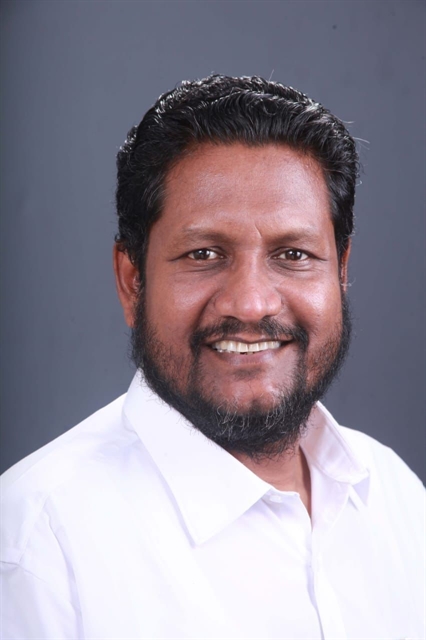 Opinion
Opinion

Lao động cuối tuần (Labour Weekend) talks to Nguyễn Trọng Hùng, deputy chief of the Clinical Nutrition and Dietetics Department under the National Institute of Nutrition, about how parents should use food supplements for their kids.
What is your observation on how parents in Việt Nam are giving food supplements to their kids?
Food supplements are very popular in Viet Nam. While producers tend to advertise the effectiveness of their products a bit too much, parents tend to believe in such advertisements too much. And thus many are over-using the supplements, especially since they are very easy to buy. You can find them in drug stores, baby stores, online stores. Whether it’s imported or locally made, it’s everywhere.
Parents are using these supplements without doctor’s guidance. In some cases, the supplement proves effective in the initial period but ceases to be effective with time and leads parents to increase the dose. That is worrying.
More people have been coming in for checkups recently at the clinic of the National Institute of Nutrition. Partly it’s because people now care more about comprehensive development for babies and kids, and also partly because many parents take their kids to the clinic after using food supplements that fail to achieve the effect they want.
Vietnamese people have a habit of self prescribing, which means they don’t ask for doctor’s advice before using drugs or food supplements. This habit needs to be changed.
But food supplements are not drugs. Isn’t that why we don’t need a doctor’s prescriptionfor them?
Theoretically, supplements don’t need to be prescripted by doctors. But when children experience health problems, doctor’s advice and prescription are essential. Supplements normally supply many kinds of ingredients or micronutrients, but in some cases kids just need one or a certain kind of nutrient. If parents just give supplements in general, children get much of some micronutrient while still lacking the needed ones. That can’t be good for them.
Kids lacking micronutrients can use some food supplements, but with appropriate dosage and frequency, and when they don’t work or cause some problem, a doctor needs to be consulted.
What might be the harm of overusing food supplements?
For example, many supplements contain vitamins. A vitamin’s solubility in water or in lipids determines its use. Water-soluable vitamins can be discharged from the body when we drink a lot of water, but lipid-soluable ones can remain in the liver if too much is taken, and could result in poisoning in the long run.
Problems caused by supplements might be similar to problems caused by food – some food doesn’t cause poisoning right away but it can cause harm to your health in the long term. We can’t completely detect the harmfulness of supplements used inappropriately because each person reacts differently.
When do we need supplements?
In principle we do not need them. We should only take food supplements when our daily dietary intake can’t ensure our needed nutrition. Micronutrients, vitamins are abundant in natural food. If we strictly and patiently follow good eating rules, we will reduce health risks and not need supplements. –VNS




